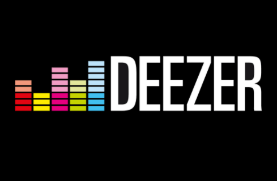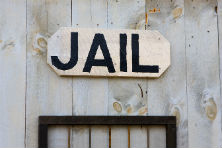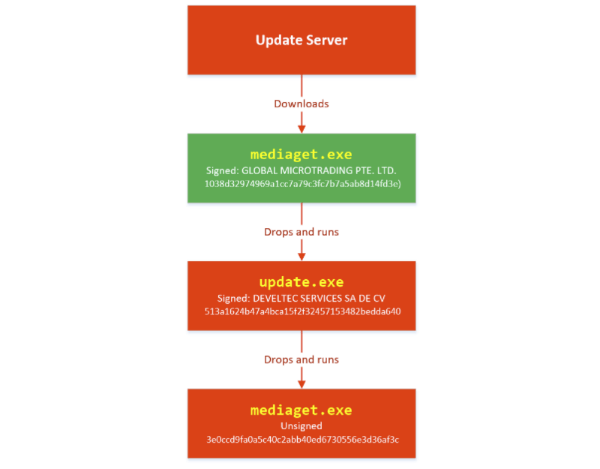‘Dutch Pirate Bay Blocking Case Should Get a Do-Over’
vendredi 16 mars 2018 à 15:17 The Pirate Bay is arguably the most widely blocked website on the Internet. ISPs from all over the world have been ordered by courts to prevent users from accessing the torrent site.
The Pirate Bay is arguably the most widely blocked website on the Internet. ISPs from all over the world have been ordered by courts to prevent users from accessing the torrent site.
In most countries courts have decided relatively quickly, but not in the Netherlands, where there’s still no final decision after eight years.
A Dutch court first issued an order to block The Pirate Bay in 2012, but this decision was overturned two years later. Anti-piracy group BREIN then took the matter to the Supreme Court, which subsequently referred the case to the EU Court of Justice, seeking further clarification.
After a careful review of the case, the EU Court of Justice decided last year that The Pirate Bay can indeed be blocked.
The top EU court ruled that although The Pirate Bay’s operators don’t share anything themselves, they knowingly provide users with a platform to share copyright-infringing links. This can be seen as “an act of communication” under the EU Copyright Directive.
This put the case back with the Dutch Supreme court, which now has to decide on the matter.
Today, Advocate General Van Peursem advised the court to throw out the previous court order, and do the case over in a new court.
In his recommendation, Van Peursem cites similar blocking orders from other European countries. He stresses that the rights of copyright holders should be carefully weighed against those of the ISPs and the public in general.
In blocking cases, this usually comes down to copyright protection versus Internet providers’ freedom to carry on business and the right to freedom of information. The Advocate General specifically highlights a recent Premier League case in the UK, where the court ruled that copyright prevails over the other rights.
The ultimate decision, however, depends on the context of the case, Van Peursem notes.
“At most, one can say that if a copyright is infringed, it normally won’t be possible to justify the infringement by invoking the freedom to conduct business or the freedom of information. After all, these freedoms find their limit in what is legally permissible.
“This does not mean that a blockade aimed at protecting the right to property always ‘wins’ over the freedoms of entrepreneurship and information,” he adds.
Previously, the Supreme Court already ruled that it was incorrect of the lower court to rule that the Pirate Bay blockade was ineffective. Together, this means that it will be tough for the ISPs to win this case.
If the Supreme Court throws out the previous court order the case will start over from scratch, but with this new context and the EU court orders as further clarification. It is unclear whether ISPs can and will suspend the current Pirate Bay blockade, if that happens.
The Advocate General’s advice is not binding, so it’s not yet certain whether there will be a do-over. However, in most cases, the recommendations are followed by the Supreme Court.
The Supreme Court is expected to release its final verdict later this year.
Source: TF, for the latest info on copyright, file-sharing, torrent sites and more. We also have VPN reviews, discounts, offers and coupons.




 First released in 2010,
First released in 2010, 